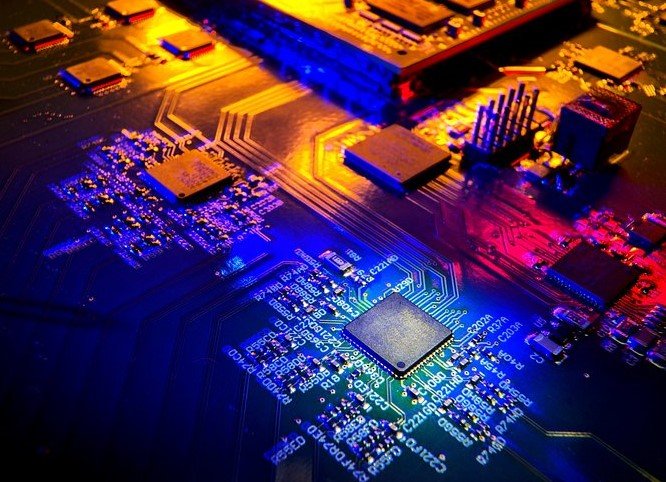Nvidia is rolling out a new software platform aiming to bring together cloud providers renting AI chips, making it easier for developers to access GPU power from multiple vendors in one place.
SAN FRANCISCO — Nvidia, the heavyweight in graphics processing units (GPUs) crucial for AI training, announced Monday a fresh software platform called Lepton. This new platform aims to create a unified marketplace where cloud companies can list and sell Nvidia GPU capacity, simplifying the hunt for AI computing power.
This move comes as demand for AI chips is exploding, with a growing roster of specialized “neoclouds” popping up to rent out Nvidia’s GPUs to startups and big corporations alike. Lepton is set to bring these providers under one digital roof, helping developers and businesses quickly find and tap into the GPU resources they need.
Nvidia’s Dominance Meets Marketplace Innovation
Nvidia’s GPUs have become the backbone of AI model training worldwide, powering everything from chatbots to advanced image recognition. But until now, the landscape of cloud GPU providers has been scattered.

The rise of neoclouds — niche cloud companies focused solely on AI chip rental — has been impressive. Firms like CoreWeave and Nebius Group have made names for themselves by specializing in Nvidia GPU rentals, offering tailored services for AI developers. However, searching and securing GPU capacity from these multiple players has often felt like a wild goose chase.
Lepton aims to fix that. It will let cloud companies such as CoreWeave, Nebius, Crusoe, Firmus, Foxconn, GMI Cloud, Lambda, Nscale, SoftBank Corp, and Yotta Data Services list their available GPU capacity on a shared platform. Developers will be able to browse, compare, and buy GPU time more efficiently.
“Think of it as a centralized marketplace for AI computing power,” said Nvidia cloud vice president Alexis Bjorlin. “Demand for these chips is soaring, and we want to make it straightforward for customers to find available resources.”
Why the Timing Matters
AI’s hunger for computing power isn’t slowing down. Startups and big tech companies alike are racing to build and train ever-more complex models — and GPUs are the fuel. Yet despite this booming demand, finding available GPUs can be a hassle.
Cloud providers often run at or near capacity, leading to delays and bottlenecks. Without a centralized system, developers must juggle multiple vendors, negotiate prices, and deal with inconsistent availability.
Lepton seeks to streamline this by offering:
-
A single platform to discover GPU capacity across providers.
-
Transparent pricing and availability updates.
-
Easier transactions for both sellers and buyers.
This could prove especially helpful for startups that don’t have the leverage or resources to strike deals with multiple cloud vendors individually.
What This Means for the Cloud AI Ecosystem
The launch of Lepton hints at a maturing AI infrastructure market. Nvidia is not just providing hardware but is moving toward becoming a marketplace facilitator, linking supply and demand in real-time.
It’s a smart play. By enabling easier access to GPUs, Nvidia can further solidify its grip on AI computing. Plus, it encourages new cloud entrants to compete and innovate, offering better prices and services for users.
The companies already onboard with Lepton cover a broad spectrum, from established cloud players like SoftBank Corp to emerging names like Crusoe and Lambda. This diversity could foster competition and drive down costs over time.
This table highlights how varied the cloud GPU providers are, bringing unique strengths to the marketplace.
What Could Trip This Up?
Sure, the idea sounds great on paper, but will it catch on? Some challenges could slow down adoption.
For one, integrating so many providers under a single protocol might get messy. Pricing models differ wildly, and transparency isn’t always guaranteed. Plus, the demand for GPUs is so high that even a marketplace might not solve shortages overnight.
Security is another concern. Cloud providers handle sensitive data, and any marketplace system has to be airtight to prevent breaches or misuse.
Still, Nvidia is betting that creating a marketplace like Lepton is the future. It’s a bet on convenience and scale, something that could shape how AI computing power is bought and sold in the next decade.
Whether you’re a startup founder hunting for GPU time or a developer racing to train a model, Lepton could soon be your new best friend.








